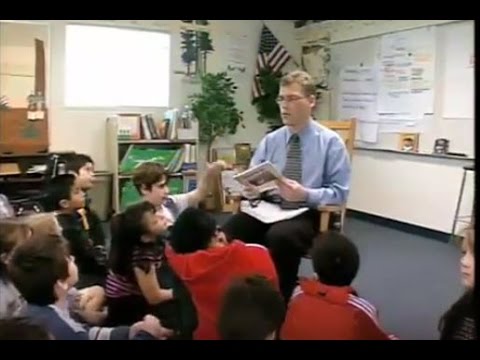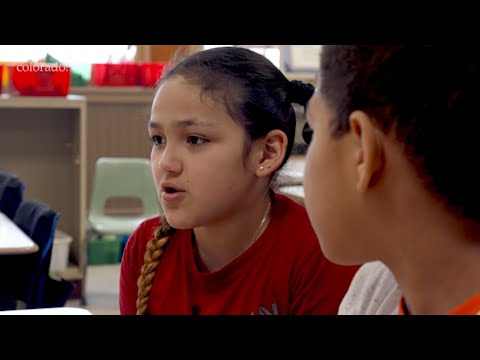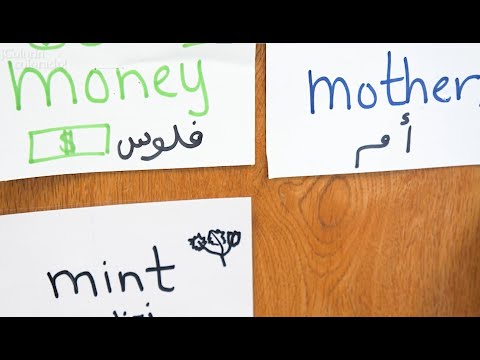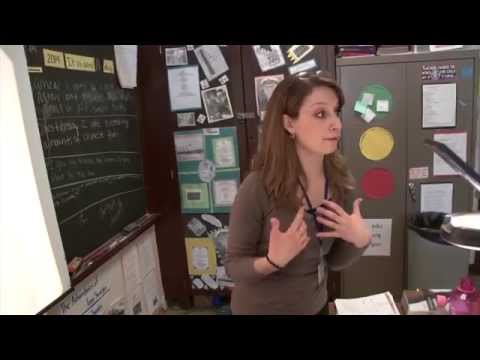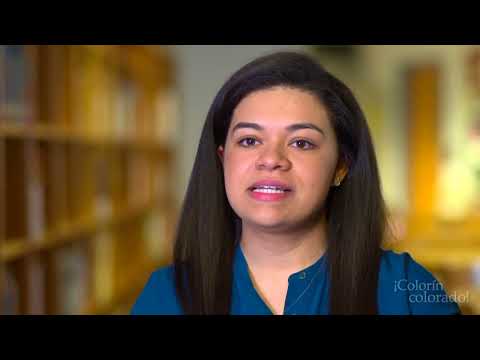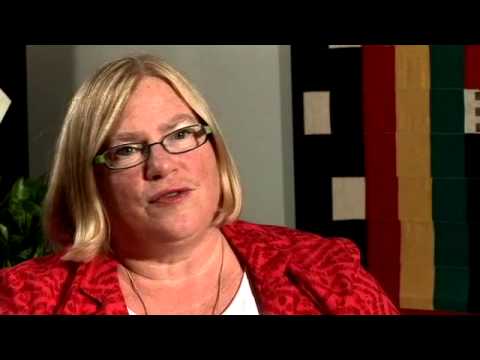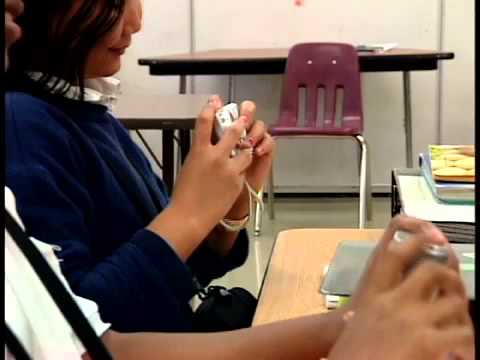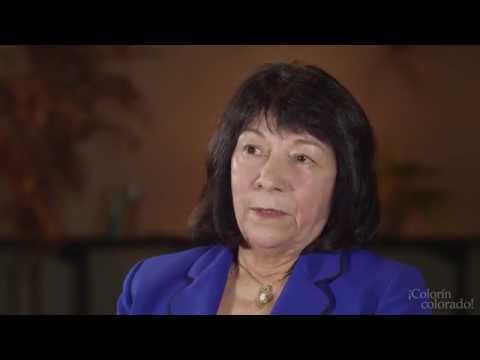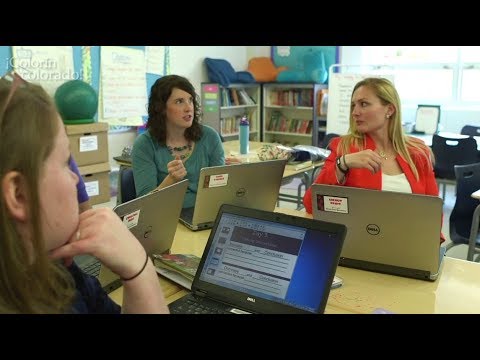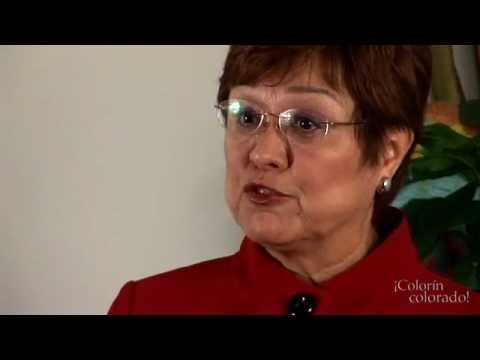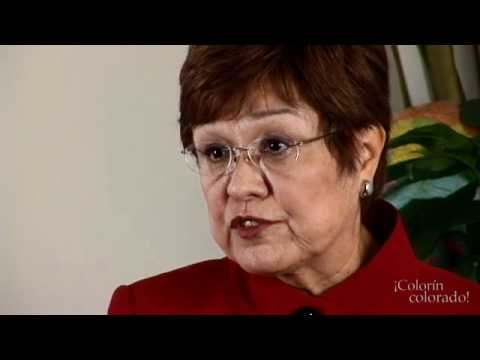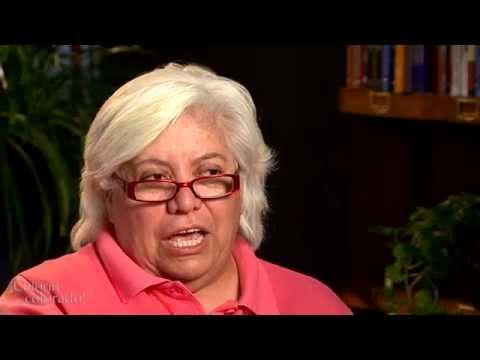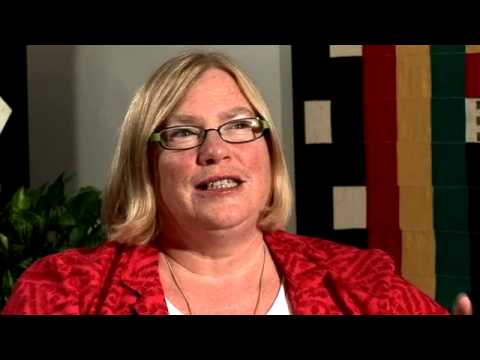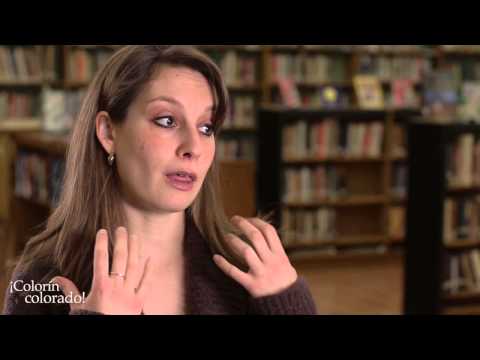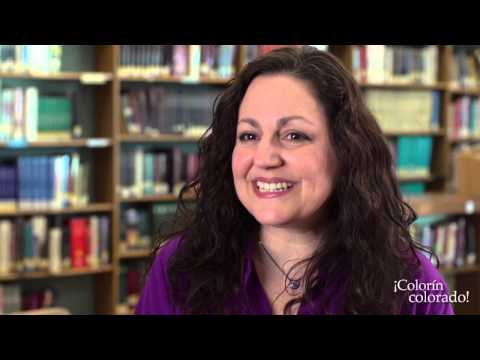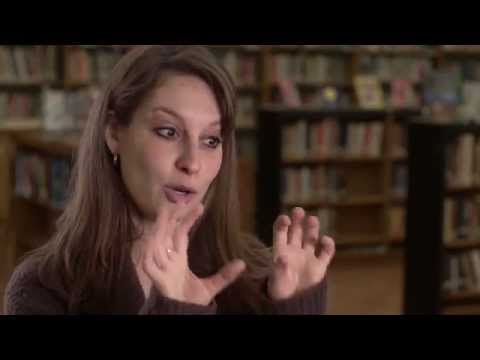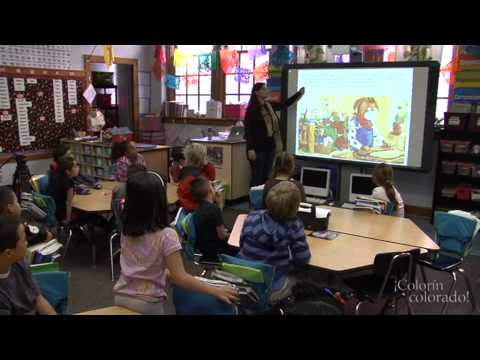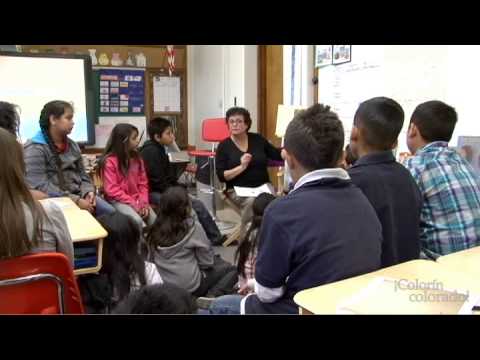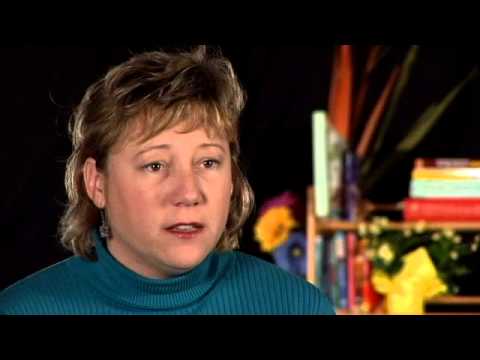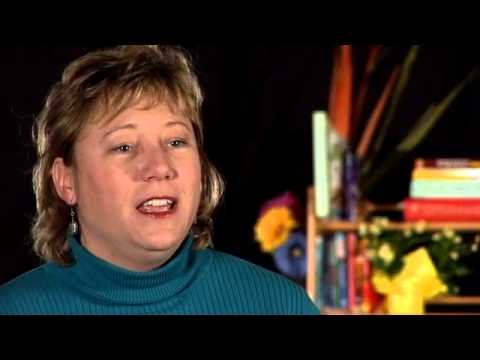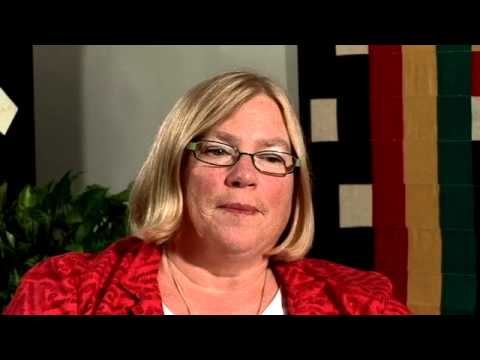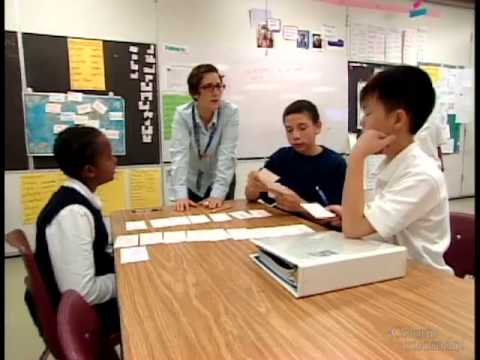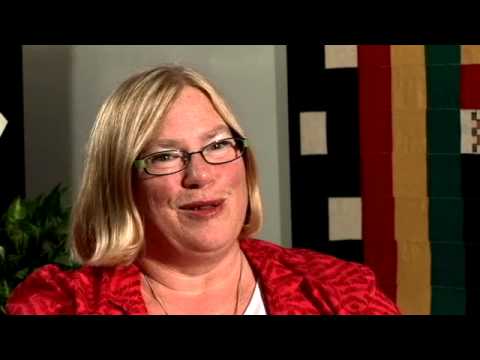Language & Vocabulary Development

An important key to the helping English language learners (ELLs) — and their classmates — succeed in the classroom is the mastery of academic language and vocabulary. These resources offers tips for identifying the kinds of language and vocabulary words that will be the most useful to teach, as well as numerous strategies and resources.
What You'll Find in This Section
Many English language learners (ELLs) can speak English confidently in the lunch room or on the playground, yet when it comes time to read, write, or give a class presentation, they need more practice with the skills required to complete their work successfully. Learn more about the difference between social and academic language and take a look at some strategies by veteran ELL teachers and researchers that will benefit all students in the classroom.
Academic Language
Helping a student learn a new language is an exciting opportunity to provide students with skills that may make a huge difference in their future, as well as the future of their families. While there are key strategies and ideas that can make teaching a new language more successful, educators do not have to have a major in linguistics to make an important difference in their students' education! This section provides an overview of how language acquisition works and also explains the role of students' home languages in their learning.
Language Acquisition
How can educators support ELLs' oral language development in the classroom for students are at different proficiency levels? These resources provide some answers and ideas, as well as recommended resources.
Speaking & Listening Skills for ELLs
Teaching vocabulary to English language learners (ELLs) is an important part of students' language development, but making the most of vocabulary instruction requires careful planning. Which words will be most useful in a new lesson and other settings? What kinds of practice can educators offer so that students master the meanings of new words rather than simply memorizing them? This resource section provides numerous research-based ideas from veteran educators as well as vocabulary resources for the classroom.
Teaching Vocabulary
Cognates are words in two languages that share a similar meaning, spelling, and pronunciation, such as 'information' in English and 'información' in Spanish. While English may share very few cognates with languages that use a different written system, 30-40% of all words in English have a related word in Spanish. For Spanish-speaking ELLs, cognates are an obvious bridge to the English language and are particularly common in content areas such as math, science, and social studies.








